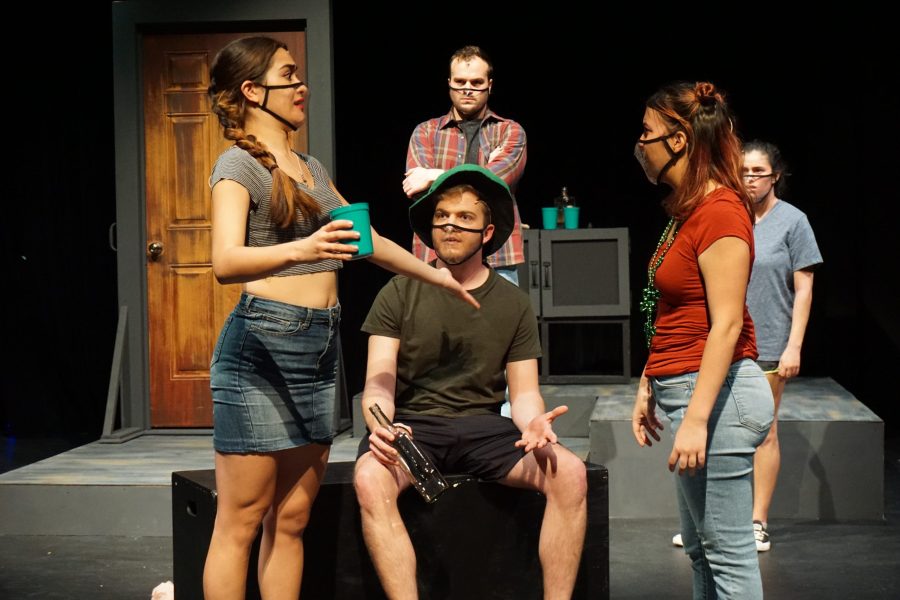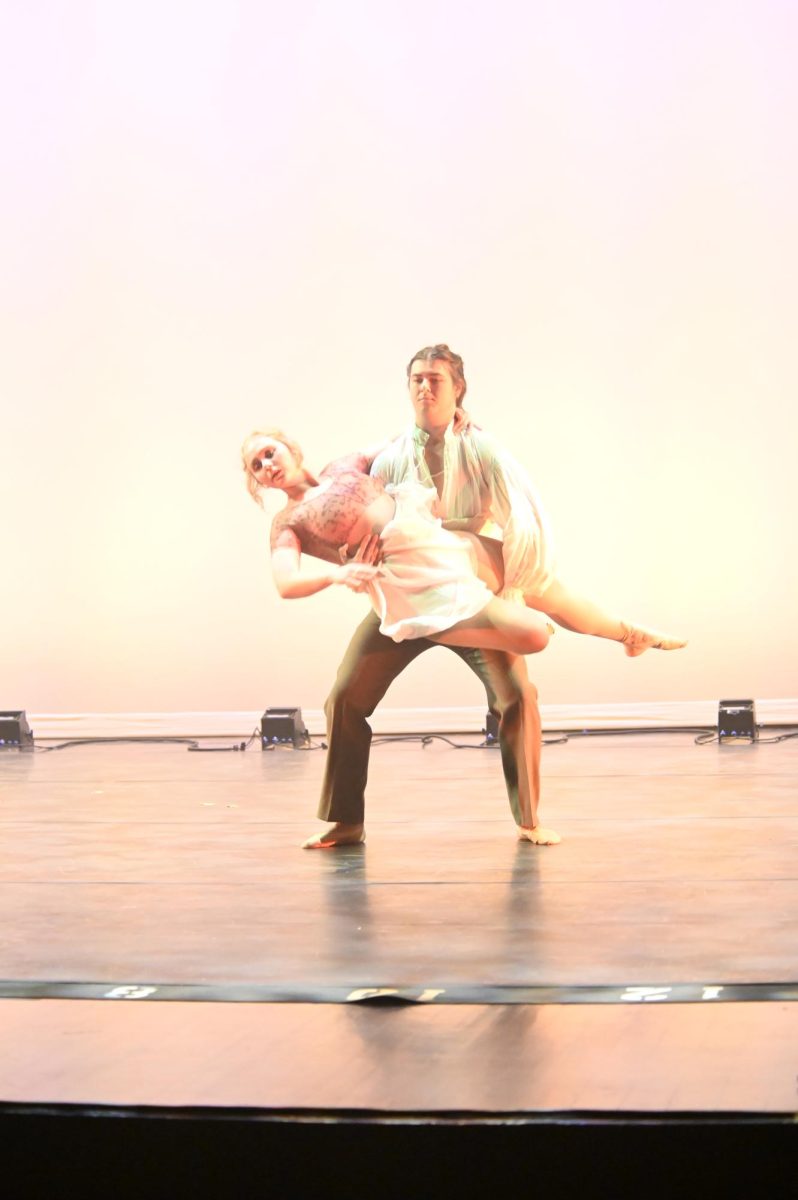In a time when Americans are dealing with the financial and economic repercussions of COVID-19, the human toll taken by the tragedies it inflicts are equally palpable. The grief brought by the ending of lives, as well as the relationships broken or strengthened by those endings, will have effects that transcend individual lives. The very state that humanity finds itself in now is the one that befalls the characters of “In Limbo,” a Student Theatre Initiative production written by Phoebe “Fifi” Rodriguez and directed by Tommy Krob.
The show, which premiered via YouTube on February 19, leaves no ambiguity as to its central conflict and themes. Its description reads, “The two-act play follows six very different young people, who find themselves grieving the unexpected death of their friend— twenty-year old Seth Clay. In the tragedy’s aftermath, some relationships are forged and some are splintered as each tries to understand their past with Seth and make sense of a future without him. In a time when all sense of security and normalcy feels lost, ‘In Limbo’ not only explores the multiplicity of grief, but celebrates the bonds that hold us together in tough times.”
From the audience’s perspective, the show reaches out at a fitting time, its actors delivering deeply human performances as students and young professionals. In their characters’ faces and stories, the expressions of everyday mourners are all too visible. Anyone who has faced depression, self-doubt, or fear could find a facet of their life experience in the story.
This story, an interweaving tapestry of conflict, resolution, hardship, and joy, was the brainchild of Fifi Rodriguez. “In Limbo” is the senior Theatre major’s first work to be presented onstage. Its plot was partially inspired by an event of her own life—the death of a young classmate from a heart attack.
During a Facebook Live talkback hosted on February 21, she and the members of her cast and crew—mostly consisting of Theatre and Music Theatre majors—reflected on the show’s production and its personal impact to each of them. They all expressed how truly unique the production was—from the protocols necessitated by COVID-19 to its small team size. “Most of us were touching multiple parts of the production; it gave us a perspective that we don’t normally have,” Rodriguez commented; “Everyone involved knew coming in that [it would be a rollercoaster]; there [would be a lot of things we would] have to feel our way through.”
A rollercoaster it was, as COVID-19 threw many a challenge at the cast and crew. These challenges included a team member being quarantined during every step of the production process. There was also a substantial set overhaul in the week prior to filming. “[It was] an exercise in learning how to be resourceful,” Rodriguez reflected.
If anything, “In Limbo” shows that it does not take a big crew, budget, or stage to make impactful, quality theatre that speaks to a modern audience. At the time of this article’s publishing, it is still available for viewing on the Viterbo Theatre and Music Theatre YouTube page.


